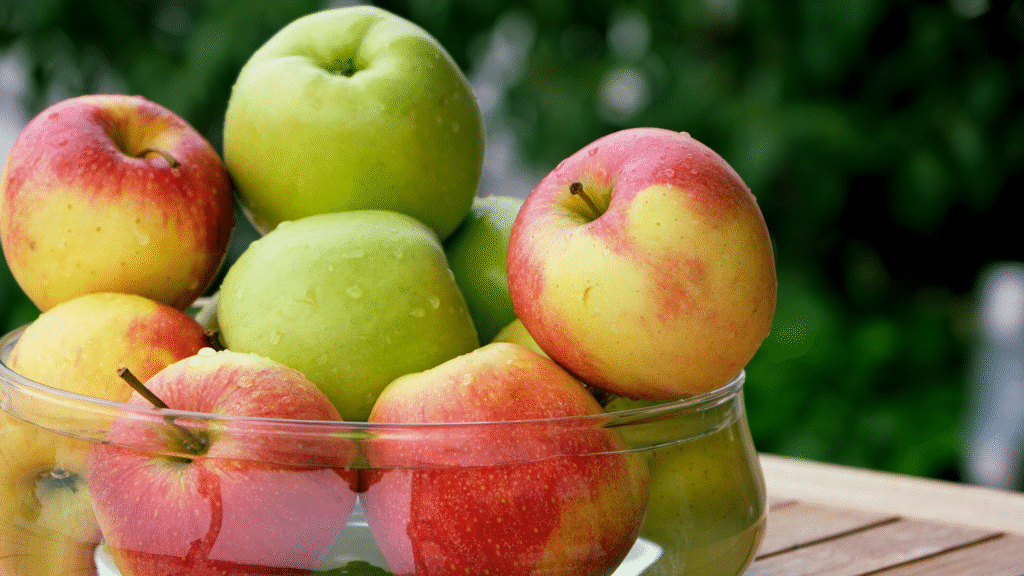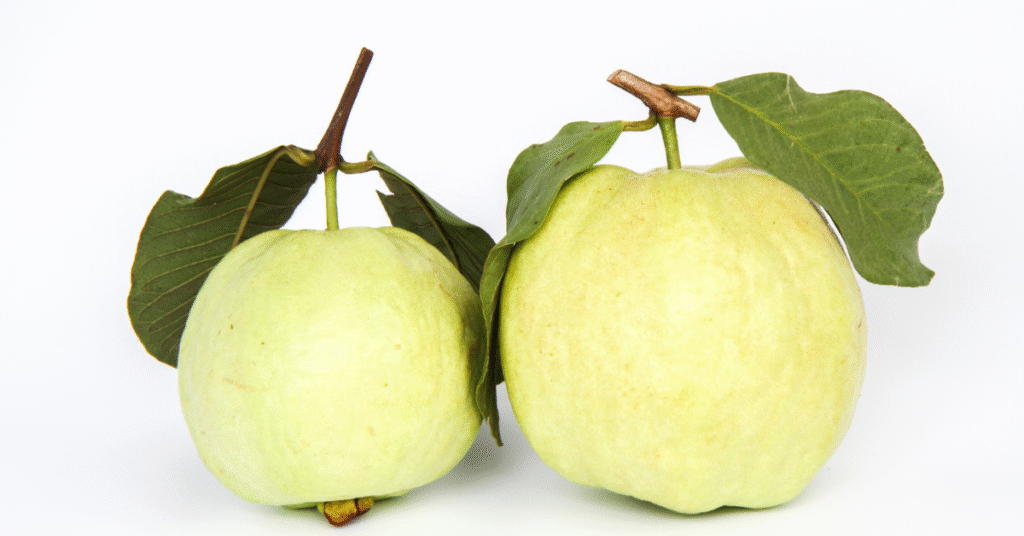Interest in natural remedies for sexual health is rising worldwide. Many people are looking for safe, accessible options that can boost libido, improve intimacy, and support reproductive wellness. Among these, cinnamon has gained attention — not just as a spice, but as a potential enhancer of sexual health.
But does cinnamon really make a difference? And if so, how should you use it safely?
This guide explores the cinnamon benefits sexually, what the science says, possible side effects, and practical tips for adding it to your routine.
What is Cinnamon?
Cinnamon is a spice made from the dried inner bark of trees in the Cinnamomum family. It’s been used for thousands of years in both cooking and medicine.
There are two main types of cinnamon:
- Ceylon cinnamon (Cinnamomum verum)
- Known as “true cinnamon”
- Mild, sweet flavor
- Contains very low levels of coumarin (a compound that can harm the liver in high doses)
- Cassia cinnamon (Cinnamomum cassia)
- The most common type found in grocery stores
- Stronger flavor
- Higher in coumarin, so less safe for frequent use
Cinnamon contains polyphenols, antioxidants, and essential oils that are believed to contribute to its health benefits.
👉 Learn more about cinnamon’s role in women’s health: Cinnamon and milk for irregular periods.
How Cinnamon May Affect Sexual Health
The connection between cinnamon and sexual health is thought to come from its effects on circulation, hormones, and metabolism.
1. Improves Blood Flow
- Good blood circulation is essential for sexual function in both men and women.
- Compounds in cinnamon, such as cinnamaldehyde, may help relax blood vessels and improve blood flow to the genitals.
- This effect may support stronger erections in men and arousal in women.
2. May Boost Libido
- Animal studies suggest that cinnamon oil can increase sexual motivation and activity.
- These effects may be linked to its influence on brain neurotransmitters and testosterone levels.
3. Supports Fertility
- In men, cinnamon may improve sperm quality, motility, and count.
- In women, cinnamon supplementation has been linked to improved ovulation in conditions like PCOS (polycystic ovary syndrome).
4. Reduces Oxidative Stress
- Oxidative stress can damage reproductive cells.
- Cinnamon’s antioxidants may protect sperm DNA and egg quality, potentially supporting reproductive health.
Cinnamon Benefits Sexually for Men
Men may benefit from cinnamon in specific ways related to reproductive health and performance:
- Erectile support: Improved blood circulation may help maintain erections.
- Increased libido: Animal studies suggest cinnamon oil may boost sexual desire.
- Better semen quality: Cinnamon oil administration improved semen characteristics in rams, suggesting a potential effect in humans too [ResearchGate study].
- Testosterone influence: Some animal studies show cinnamon extracts may raise testosterone, though human data is lacking.
Cinnamon Benefits Sexually for Women
Women may also experience unique benefits from cinnamon:
- Menstrual regulation: Cinnamon supplementation has been shown to improve menstrual cyclicity in women with PCOS [PMC study].
- Improved fertility: By promoting ovulation and reducing insulin resistance, cinnamon may help women trying to conceive.
- Reduced period pain: Cinnamon tea with ginger is often used to ease cramps [Ginger and cinnamon for period pain].
- Arousal support: Improved circulation can enhance vaginal lubrication and sensitivity.
Evidence from Research
While human studies are still limited, several animal and clinical studies suggest potential benefits:
- Animal fertility studies: Cinnamon oil improved semen quality and sexual libido in rams [ResearchGate].
- Human trials in women: Cinnamon improved menstrual cycles in women with PCOS, which can indirectly support fertility [PMC].
- Blood sugar control: Studies show cinnamon can improve insulin sensitivity [PMC]. Since diabetes is a leading cause of sexual dysfunction, this may provide indirect benefits.
- Review articles: A review in Nutrition Today highlighted cinnamon’s potential role in cardiovascular health, inflammation reduction, and circulation — all relevant to sexual wellness [LWW Nutrition Today].
👉 For a deeper dive into cinnamon and mood, see this article on cinnamon’s effect on stress and anxiety.
Other Health Benefits of Cinnamon
Beyond sexual health, cinnamon offers additional wellness advantages:
- Blood sugar balance – Supports better energy and reduces diabetes risk [How to make cinnamon tea for diabetics].
- Anti-inflammatory properties – Can reduce muscle and joint pain.
- Weight support – May help reduce belly fat when combined with diet and exercise [Best time to drink cinnamon for flat tummy].
- Immune system boost – Protects against infections thanks to antimicrobial compounds [Cinnamon tea benefits].
- Menstrual pain relief – Cinnamon tea is commonly used to ease cramps [Cinnamon tea for irregular periods].
Possible Risks and Side Effects
While cinnamon is natural, it’s not risk-free.
Potential side effects:
- Liver damage from excess coumarin (especially Cassia cinnamon).
- Allergic reactions such as mouth sores or skin irritation.
- Blood sugar drops in people on diabetes medication.
- Drug interactions with blood thinners, heart medications, or insulin.
👉 Choose Ceylon cinnamon when possible, and keep intake moderate.
How to Add Cinnamon Safely to Your Diet
You don’t need supplements to enjoy the benefits of cinnamon. Regular kitchen use is often enough.
Safe intake
- ½ to 1 teaspoon per day of Ceylon cinnamon is generally considered safe.
- Limit Cassia cinnamon if you consume it daily.
Easy ways to use cinnamon
- In drinks: Try cinnamon tea for cough or cinnamon tea for flat tummy.
- With other herbs: Blend with cloves or ginger for extra benefits [Cloves and cinnamon tea benefits].
- In meals: Sprinkle on oatmeal, add to smoothies, or use in curries.
- For women’s health: Consider cinnamon tea blends that support menstrual balance.
👉 Explore how to make cinnamon tea for diabetics.
FAQs
Is cinnamon natural Viagra?
Cinnamon is sometimes referred to as a “natural Viagra” because of its potential effects on blood circulation and sexual desire. While it does not act as quickly or strongly as prescription medications like Viagra, cinnamon’s compounds may help improve blood flow, reduce oxidative stress, and support hormone balance. These actions can indirectly enhance arousal and performance in both men and women. However, the scientific evidence is still limited, and more human studies are needed before it can be considered a true natural alternative to Viagra.
What happens if you drink warm cinnamon water every morning for 7 days on an empty stomach?
Drinking warm cinnamon water daily on an empty stomach may support digestion, improve metabolism, and help regulate blood sugar levels. Over seven days, some people report feeling lighter, less bloated, and more energetic. Cinnamon water may also provide antioxidant benefits, supporting immune health and circulation. However, it’s important to drink it in moderation, especially if you are using Cassia cinnamon, as too much coumarin may affect liver health.
How to use cinnamon in a bedroom?
Cinnamon can be used in the bedroom in subtle yet effective ways to enhance intimacy. Many people use cinnamon-scented candles, essential oils, or diffusers to create a warm and inviting atmosphere. The aroma is known to stimulate the senses, boost mood, and potentially increase arousal. Some even add a pinch of cinnamon to warm milk or tea before bedtime, which may help the body relax and set the mood for intimacy. Always use natural cinnamon oils safely and avoid direct skin application unless diluted.
What does cinnamon do before bed?
Taking cinnamon before bed can promote relaxation, regulate blood sugar overnight, and support digestion. Its calming properties may help reduce nighttime cravings and stabilize energy levels. When paired with warm milk or herbal tea, cinnamon may also aid sleep by soothing the body. For women, it may reduce menstrual cramps at night, while for men, it could improve blood circulation and support hormonal balance, potentially boosting morning energy.
Can I mix cinnamon and cloves together?
Yes, cinnamon and cloves can be mixed together safely, and the combination is often used in traditional medicine. Both spices are rich in antioxidants, have antimicrobial properties, and can improve digestion. Together, they may also enhance circulation and reduce inflammation. Drinking cinnamon and clove tea is a popular home remedy for colds, coughs, and boosting immunity. The blend is also thought to support reproductive health and arousal due to their warming, stimulating properties.
What happens when you drink hot water with cinnamon?
Hot water with cinnamon can help flush out toxins, boost digestion, and improve circulation. The warmth enhances the spice’s natural compounds, making it easier for the body to absorb its antioxidants. This drink may help regulate blood sugar, reduce bloating, and increase energy levels. For some people, it also supports weight management by curbing cravings. When consumed regularly, it may contribute to better cardiovascular and reproductive health.
Is it better to take cinnamon in the morning or at night?
The best time to take cinnamon depends on your health goals. Taking it in the morning may boost metabolism, regulate blood sugar after breakfast, and provide energy throughout the day. At night, cinnamon may help reduce cravings, stabilize glucose levels, and promote relaxation before sleep. Many people choose to include it at both times in small amounts, such as in tea in the morning and warm milk at night.
What are the benefits of cloves and cinnamon together?
Cloves and cinnamon together create a powerful combination of antioxidants, antimicrobial agents, and circulation boosters. This duo may help fight infections, improve digestion, and regulate blood sugar. In terms of reproductive health, the mixture is believed to increase libido and enhance energy. Clove oil is traditionally used for pain relief, while cinnamon supports hormone balance — together, they may help reduce menstrual discomfort in women and improve stamina in men.
When is the best time to take cinnamon?
The best time to take cinnamon is generally in the morning before meals or at night before bed. In the morning, it helps kickstart metabolism, regulate sugar spikes, and energize the body. At night, it can reduce cravings, soothe digestion, and support restful sleep. If you are using cinnamon specifically for blood sugar control, taking it with meals may also be beneficial. The key is consistency and moderation.
What not to mix with cinnamon?
Cinnamon should not be mixed with high doses of blood-thinning medications like warfarin, as it may increase bleeding risk. It should also be used cautiously with insulin or diabetes medications, since it can enhance their effects and cause blood sugar to drop too low. Additionally, avoid consuming too much Cassia cinnamon with alcohol, as both can stress the liver. Always consult a healthcare provider if you’re on regular medication before adding cinnamon supplements to your diet.
How long does it take for cinnamon to work in your body?
Cinnamon’s effects can start within hours of consumption, especially for blood sugar control. Some people notice improved digestion and reduced cravings on the same day. However, for benefits related to circulation, libido, or fertility, it may take several weeks of regular intake to see noticeable changes. Scientific studies on cinnamon and metabolic health often observe significant results after 6–12 weeks of consistent use.
Practical Takeaway
Cinnamon has been linked to better circulation, hormone balance, and antioxidant protection — all of which may support sexual health. While cinnamon benefits sexually are promising, most evidence comes from animal studies and small human trials.
Key points to remember:
- Cinnamon may support libido, fertility, and sexual function.
- Benefits are more likely with regular, moderate use.
- Ceylon cinnamon is safer than Cassia cinnamon for long-term use.
- Always consult your doctor before taking cinnamon supplements, especially if you’re on medication.
Bottom line: Adding a little cinnamon to your diet is safe, flavorful, and may support both overall health and intimacy.

